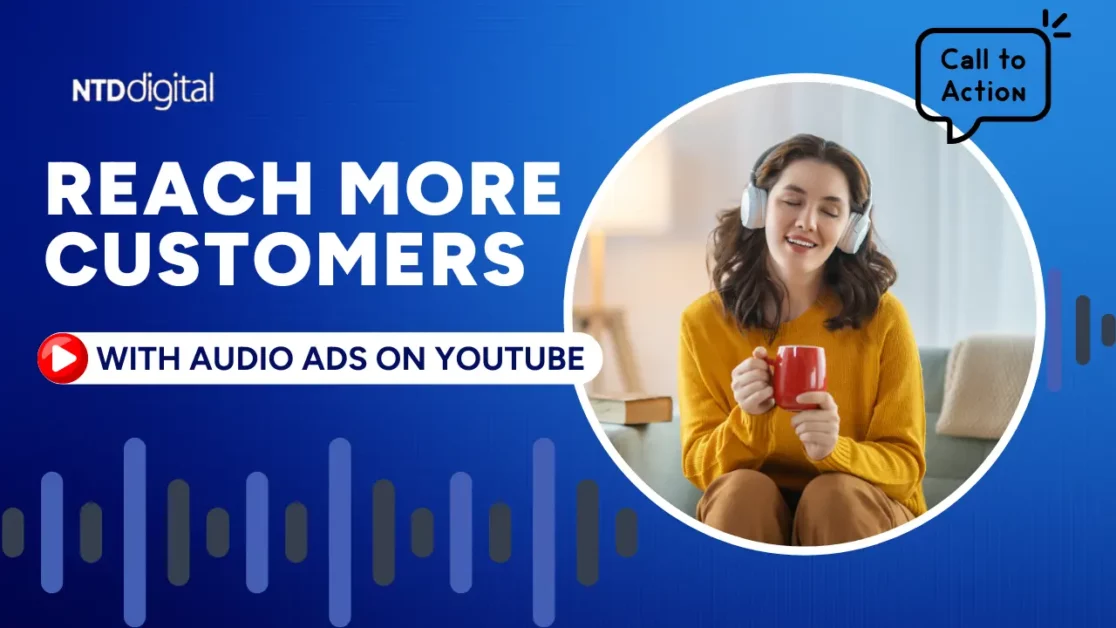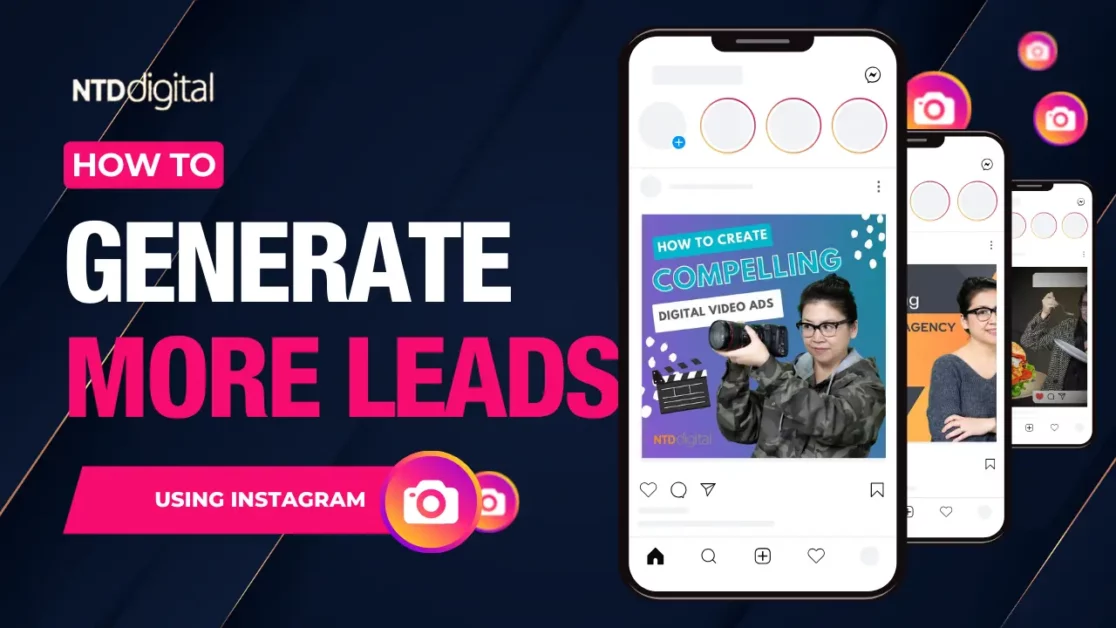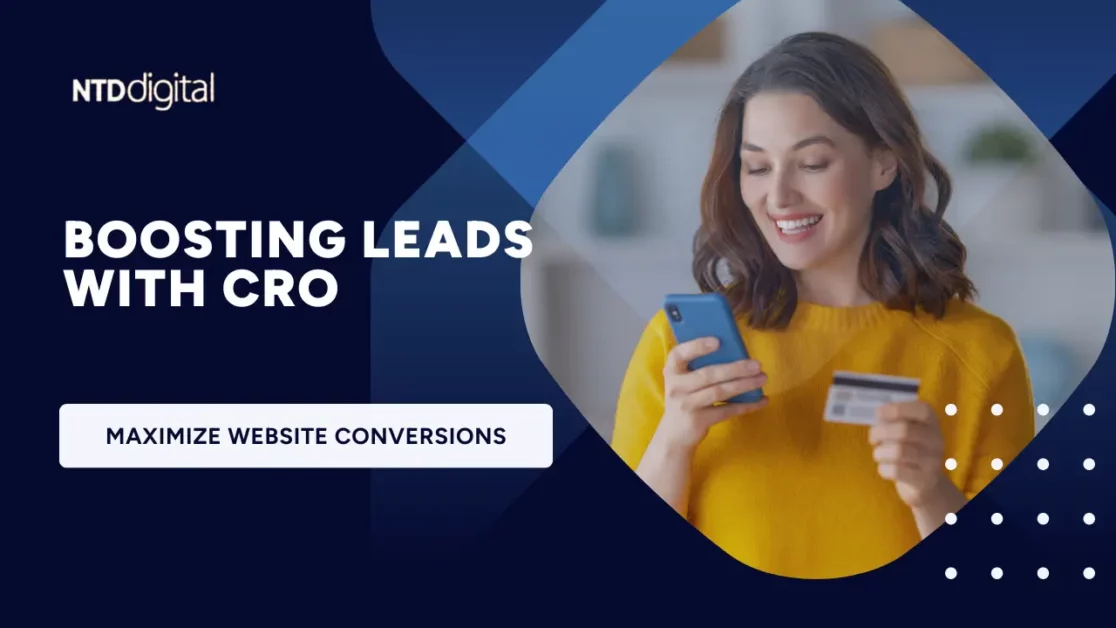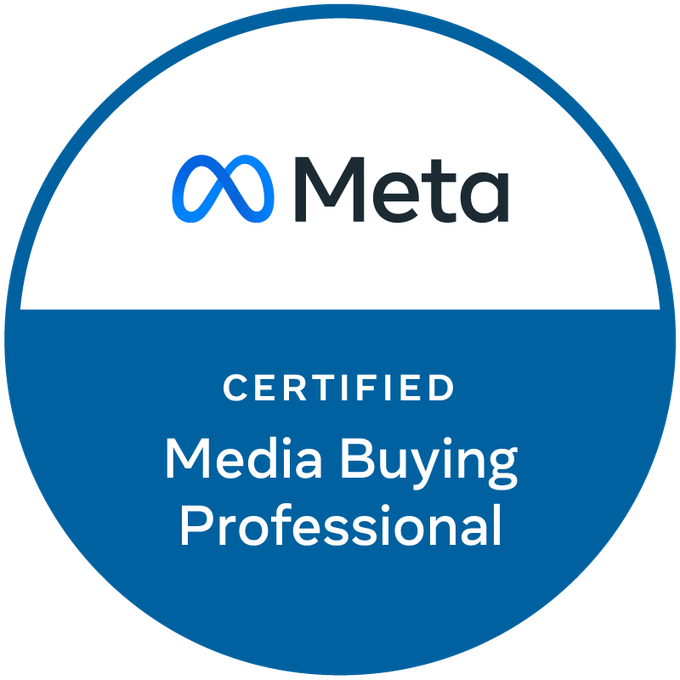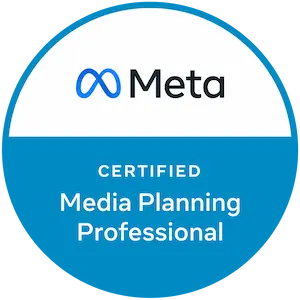Real-Estate Ads on Social Media That Win More Business
Reading Time: 7 minutes
Have you been struggling to get more home buyers or new listings? Worry no more because social media marketing can help you generate genuine leads in more organic ways. In fact, a recent survey by the National Association of Realtors shows that 99% of millennials and 90% of boomers search for homes online and 77% of real estate businesses use social media to market their products. According to the report, 97% of the firms surveyed said they used Facebook and 47% of them stated that social media generates them the highest quality leads.
With such mind-boggling statistics, you can rest assured that investing some time in utilizing social media marketing will pay dividends in the long and short term. Read on to find out the strategies you can employ to gain more real-estate clients.
Benefits of Social Media Marketing
When it comes to social media marketing, Facebook is a no-brainer and real estate agents continually use the platform to advertise their products. This is because Facebook’s user demographics provide you with the target audience based on age and income.
Besides allowing you to interact with your desired population, Facebook has incorporated features that are ideal for your real estate business. For instance, it lets you book appointments, publish listing-related content and updates, communicate with clients, and curate reviews on one site.
What’s more, Facebook ads allow you to directly target social media users who have shown interest in purchasing property in your locality.
How Real-Estate Agents and/or Real-Estate Companies can Use Social Media Ads to Get More Customers
Social Proof
Videos
Examples of Different Types of Real-Estate Social Media Ads
There are a number of real-estate social media ads. For example, a virtual property tour helps interested buyers view the whole house first-hand through a live video on Facebook. You only need to turn on your camera and move from one room to the other explaining their features and functions, like master bedroom, kitchen, study room, etc.
Another ad type is by use of a property photo album. This allows homebuyers to scroll through snapshots of different rooms. All you need to do is to take photos of all rooms and the exterior and then write a beautiful description of the home on offer to accompany the photo album.








